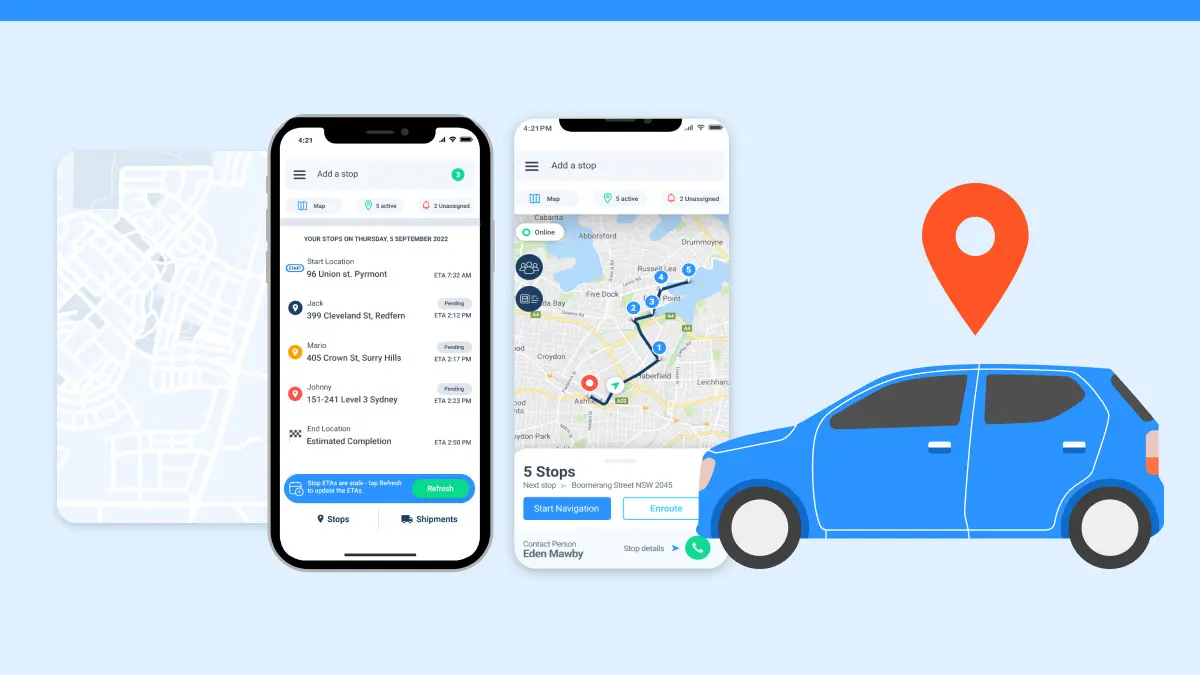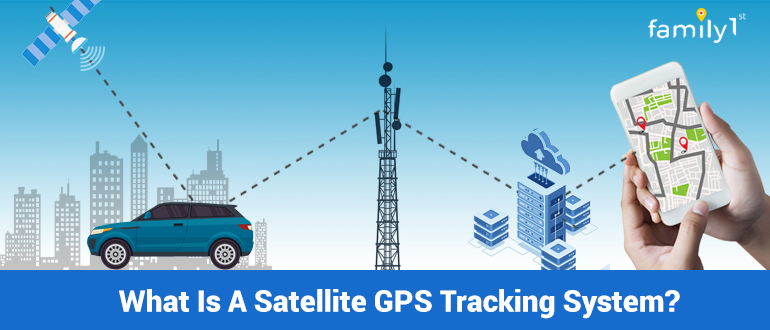Top Benefits of GPS Tracking for Fleet Administration
Top Benefits of GPS Tracking for Fleet Administration
Blog Article
Navigating the Future of GPS Tracking: Advancements, Obstacles, and Opportunities Ahead
As we stand at the crossroads of social ramifications and technological advancements, the landscape of GPS tracking is poised for a transformative journey in advance. With wonderful innovation comes fantastic obligation, as data privacy worries impend big and safety challenges in General practitioner monitoring raise important questions regarding securing delicate info.
Advancement of GPS Innovation
Developed for army objectives, GPS technology has progressed to come to be an ubiquitous device in different fields, including transportation, logistics, farming, and individual navigation. Early General practitioner systems were defined by minimal protection, lower precision, and bulkier hardware needs.
One trick turning point in the advancement of GPS modern technology was the growth of Selective Availability (SA) in the 1990s, which intentionally broke down the precision of noncombatant GPS signals. As General practitioner technology proceeds to progress, we can expect additional improvements in accuracy, effectiveness, and insurance coverage, opening up new possibilities for development and applications throughout various markets.
Real-Time Tracking Improvements
Structure on the innovations in GPS modern technology that have actually changed accuracy and protection, real-time monitoring has arised as a critical location of development with profound implications across various markets. Real-time tracking developments allow organizations and companies to keep an eye on lorries, workers, and properties instantaneously, giving useful understandings for decision-making procedures - gps tracking. By leveraging real-time data, business can enhance functional effectiveness, enhance customer care, and make sure the safety and security and safety and security of their assets
Among the crucial advancements in real-time tracking is the assimilation of artificial knowledge and machine discovering formulas, which make it possible for predictive analytics and anomaly discovery. These capabilities permit aggressive maintenance organizing, route optimization, and risk mitigation strategies. Moreover, the advancement of real-time radar has resulted in the advancement of mobile applications and adjustable control panels, empowering customers to accessibility essential information anytime, anywhere.
Information Privacy Concerns

Data personal privacy issues encompass various facets, consisting of the storage, sharing, and retention of location information. Services must apply robust security steps to shield general practitioner tracking information from cyber hazards and information violations. Clear policies relating to data collection techniques and the objective of monitoring are necessary to construct trust with consumers and make sure conformity with data defense guidelines.

Safety Obstacles in GPS Tracking
Attending to information personal privacy problems in GPS monitoring is delicately connected to minimizing the security challenges that develop from potential vulnerabilities in the technology. One of the key security difficulties in GPS tracking is the threat of unapproved access to sensitive place information.

An additional protection challenge is the possibility for jamming or spoofing General practitioner signals. Applying durable encryption, authentication measures, and signal confirmation methods are crucial steps in attending to these safety and security challenges in GPS tracking.
Arising Opportunities in the Market
The growing area of general practitioner tracking modern technology offers a myriad of read this article encouraging possibilities for industry growth and development. One key possibility lies in the growth of GPS monitoring applications past traditional sectors. Industries such as logistics, transport, and fleet monitoring have been early adopters of general practitioner innovation. Nevertheless, emerging opportunities are currently occurring in areas like medical care, farming, and ecological tracking. For instance, general practitioner tracking can transform individual care by making it possible for remote monitoring of vital indicators and ensuring prompt clinical aid. In farming, GPS innovation can optimize plant monitoring methods and improve general return. In addition, ecological surveillance can profit from GPS monitoring by enabling real-time information collection for environment research study and preservation efforts.
In addition, the image source boosting need for linked gadgets and IoT remedies offers a ripe chance for GPS tracking firms to increase their offerings and develop ingenious remedies that provide to an extra linked world. By taking advantage of on these arising opportunities, GPS monitoring companies can place themselves for continual growth and success in the dynamic landscape of the sector.
Verdict
In verdict, the future of GPS monitoring is marked by continual advancement and development in innovation. As the industry relocates forward, navigating these difficulties will be crucial to make certain the ongoing development and success of GPS monitoring modern technology.
With wonderful technology comes great responsibility, as information privacy worries impend large and protection challenges in GPS tracking raising pertinent inquiries about guarding sensitive details.With the quick proliferation of General practitioner tracking modern technology in different industries, resolving data privacy problems has actually come to be a Web Site vital essential for both companies and consumers alike. The collection of place information with GPS tracking increases significant personal privacy problems, as it allows the monitoring of individuals' activities and actions. Organizations using GPS monitoring should prioritize guarding this data to stop unapproved gain access to or misuse that might jeopardize individuals' privacy civil liberties.
Organizations should apply robust security procedures to shield General practitioner tracking data from cyber threats and information violations.
Report this page